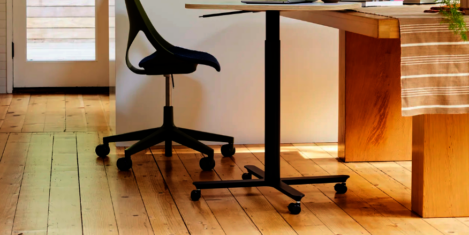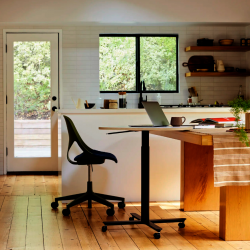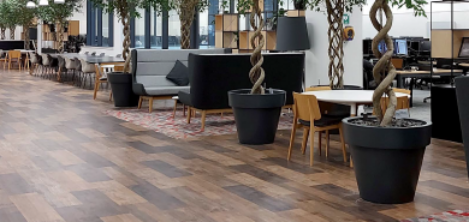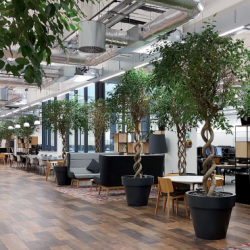February 16, 2023
Flexible working drives productivity and stronger company culture
 Future Forum, a consortium launched by Slack with founding partners Boston Consulting Group, MillerKnoll, and MLT has published the latest findings from its global Pulse survey, which suggest that flexible working plays a key role in fostering organisational culture and has a significant positive impact on productivity. According to the poll, flexible workers were 57 percent more likely to say that their company culture has improved over the past two years compared with those required to be on-site five days a week—and they cited flexible working policies as the primary reason their culture is changing for the better. (more…)
Future Forum, a consortium launched by Slack with founding partners Boston Consulting Group, MillerKnoll, and MLT has published the latest findings from its global Pulse survey, which suggest that flexible working plays a key role in fostering organisational culture and has a significant positive impact on productivity. According to the poll, flexible workers were 57 percent more likely to say that their company culture has improved over the past two years compared with those required to be on-site five days a week—and they cited flexible working policies as the primary reason their culture is changing for the better. (more…)





















 A poll from the latest
A poll from the latest 











February 2, 2023
Do you walk or talk people centric change for success?
by Jennifer Bryan • Comment, JB, Workplace